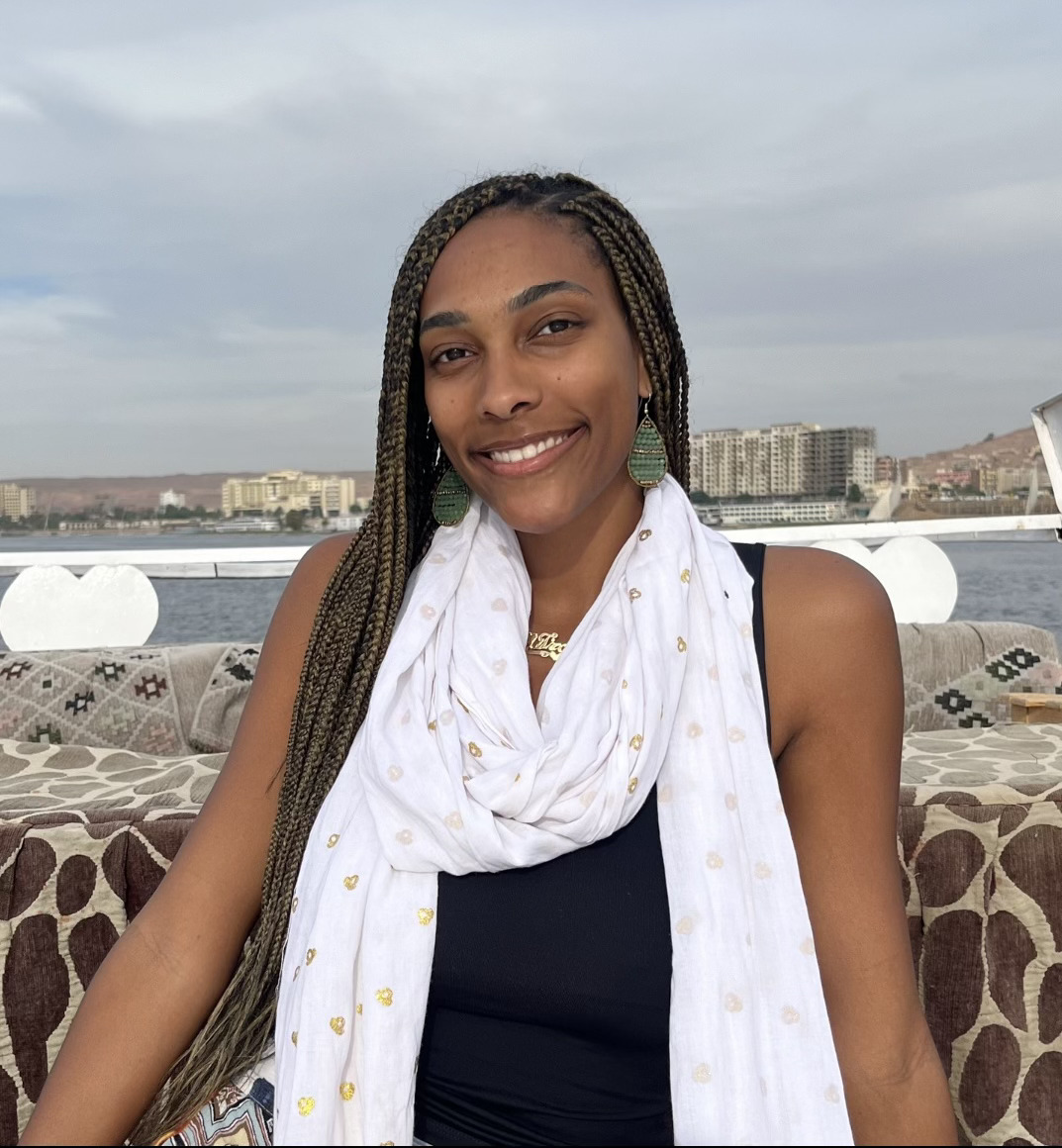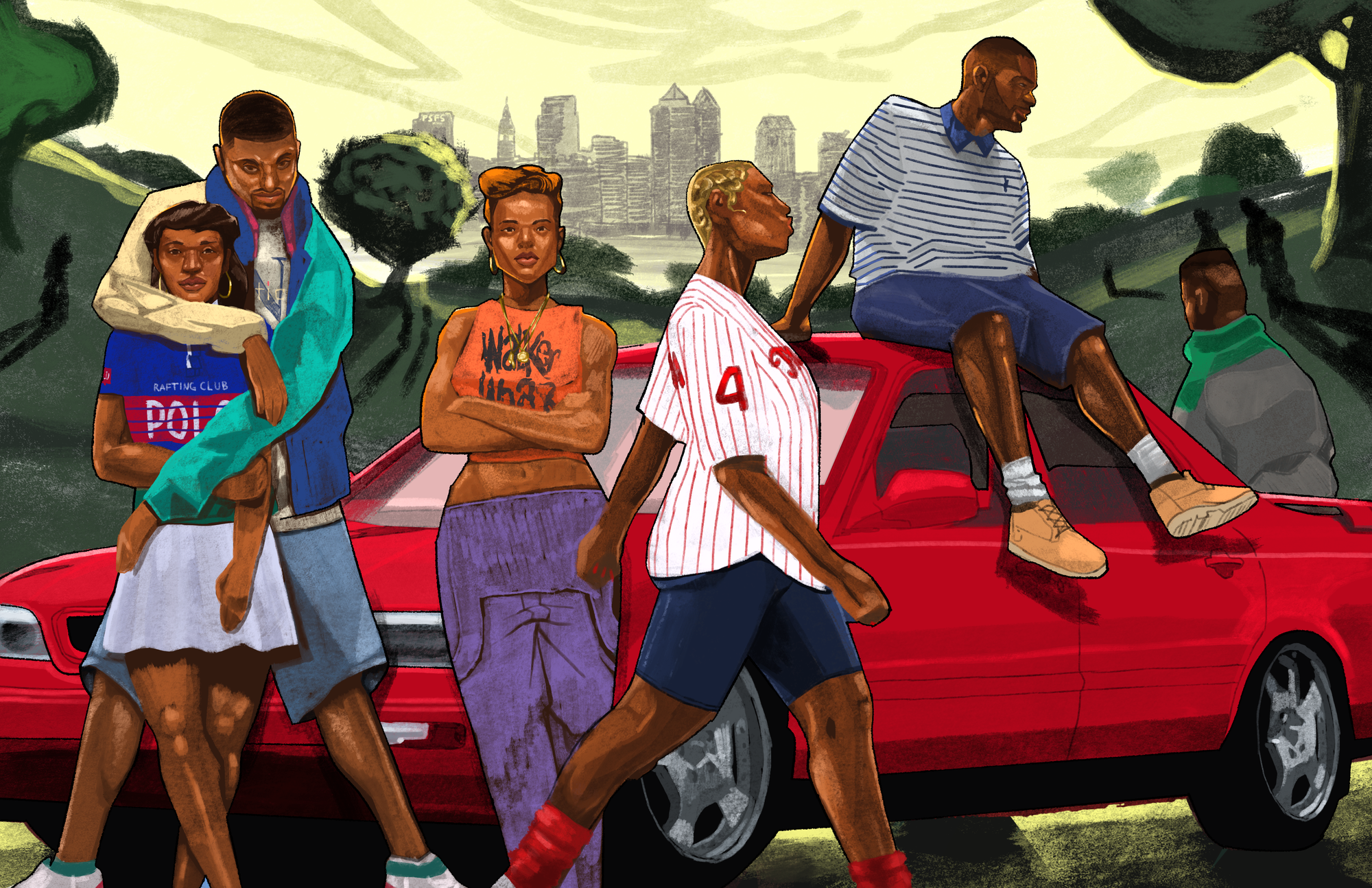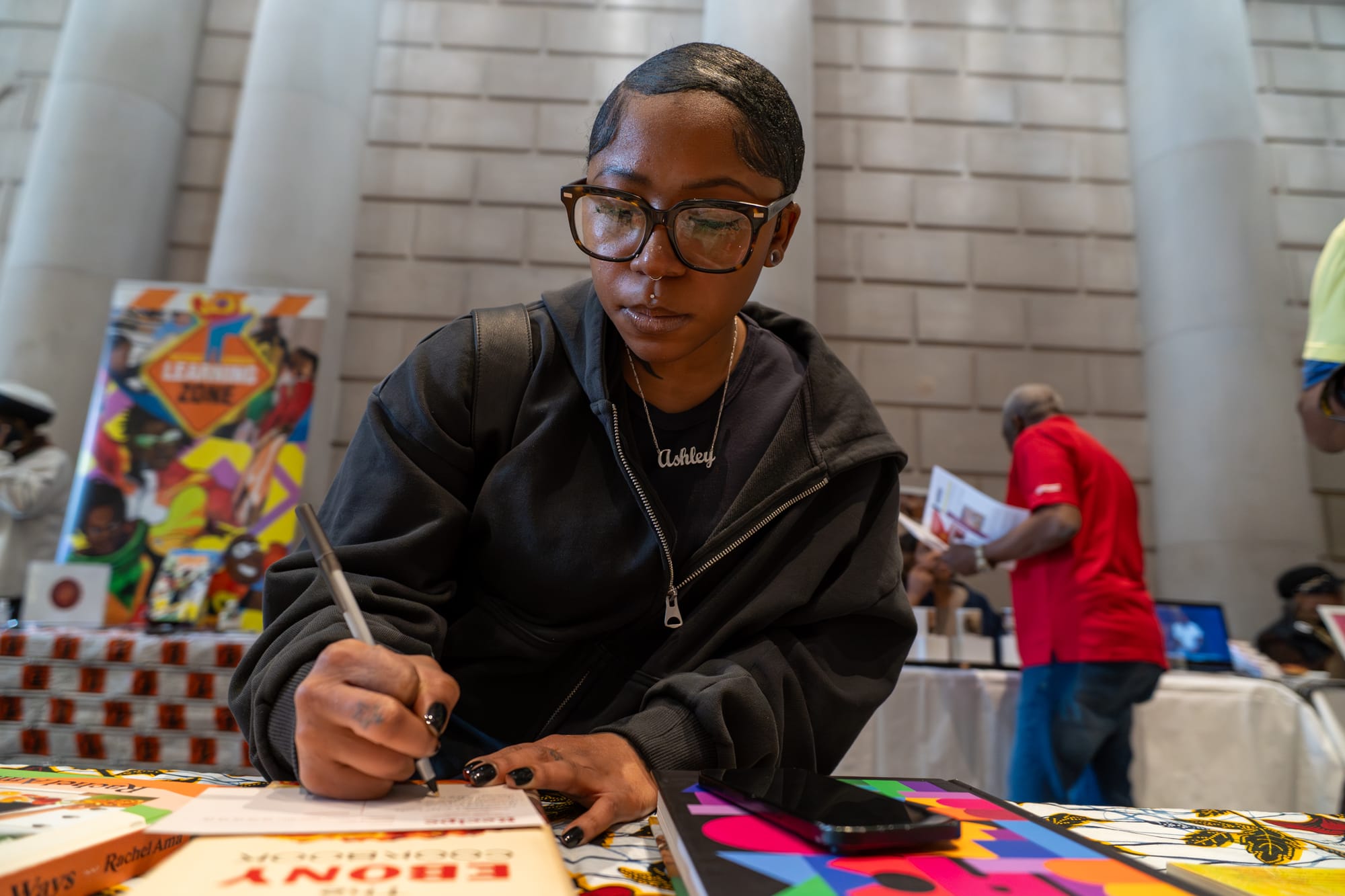The Sound of Black Philly: How Philadelphia Became a Powerhouse for Black Music and Entertainment
Philadelphia’s rich music scene, from Lil Uzi Vert to Frankie Beverly, cements its status as a powerhouse for Black music and culture.
Philadelphia has an underrated persona of being one of the most musical cities in the United States. So many musicians came out of the city, ranging from Lil Uzi Vert to Frankie Beverly. When stopping by the City of Brotherly Love and Sisterly Affection, there’s something for all music lovers to indulge in. Since the colonial era, Philadelphia has been known to be an epicenter of music producers, singers, songwriters, DJs, and music lovers.
As the birthplace of America, Philly's music scene started directly connected to the hymns and sounds of varying religions and spiritual sounds. Many people were migrating to the United States and thus bringing their sounds with them. The United States, billed as a place with freedom of religious expression, led to the sharing and dissemination of music around the city. As a cultural hub and bustling metropolis, the Philadelphia Orchestra and the Curtis Institute of Music were founded by the nineteenth century. This meant that not only were people able to indulge in music as entertainment and pleasure, but they could also commit to the desire and passion of learning about and developing their musical skills.
Fast forward to the Great Migration of the twentieth century, which saw an influx of Black Americans coming to the north to look for better opportunities, more effortless life experiences, and more money. This changed the game in Philadelphia and brought all of those once solely southern sounds to the mainstage. The sounds of blues, gospel, and jazz began to float faintly through the streets and airwaves of Philadelphia. Thus began the era of Black Americans from Philadelphia becoming the people who would move the needle of music throughout the city and sometimes, even the entire country. A few famous Philadelphians from that time were Billie Holiday, known for her performance of Strange Fruit, and legendary saxophonist John Coltrane, and you can find a stunning mural dedicated to him at 29th and Diamond in Strawberry Mansion.
As time has passed, Philly has notoriously become a predominantly Black city, and the rise of musicians and entertainers has roots in what the School District of Philadelphia calls magnet schools. Magnet schools are schools within a public education system with specialized curriculums. Philly’s top school for creative and artistic high school students is Philadelphia High School for Creative and Performing Arts, also known as CAPA. As a magnet school, CAPA brings students from all over the city into one building, thus being a magnet for fostering development and the ability to brand out and meet new people. Demographically, CAPA has a 74% minority student body. CAPA is known exclusively as a space where non-white children can develop their artistic passions, and it’s worth noting that Questlove and Black Thought of The Roots and the entire Boyz II Men group attended CAPA.
Philly became a front-runner for new music and acts across the Hip Hop, RnB, and Neo soul genres of the 1980s and 1990s, all directly connected to the surge of musical Black Americans and their ability to string together an 8-count with a phenomenal bridge. We saw the Fresh Prince & and DJ Jazzy Jeff, Boyz II Men, Musiq Soulchild, Jill Scott, and The Roots crop up during the time. In 2015, Philadelphia beat out Nashville, Atlanta, Austin, and New Orleans as the “Number 1 Music City in America,” according to Philly Mag, which just makes sense to anyone living in Philly. If there is nothing to do in Philly, there is always a concert or show to see at one of the many intimate venues ranging from Franklin Music Hall, Theatre of Living Arts, MilkBoy Philadelphia, The Dell Music Center, and so many more.
Philadelphia’s musical legacy is as rich and diverse as its history, with Black Philadelphians at the forefront of shaping the city’s sound. Today, Philly remains a cultural powerhouse, with Black musicians, producers, and DJs continuing to drive the sounds around the United States. The sound of Black Philly isn’t just part of the city’s history–it’s the heart of our music scene.




